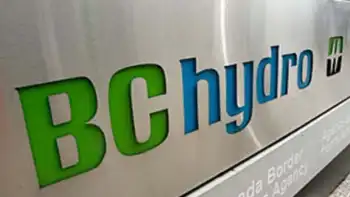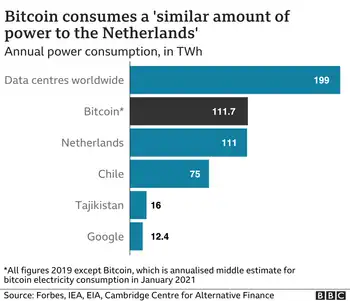Recommendations from BC Hydro review to keep electricity affordable

NFPA 70e Training - Arc Flash
Our customized live online or in‑person group training can be delivered to your staff at your location.

- Live Online
- 6 hours Instructor-led
- Group Training Available
BC Hydro Review Phase 2 Recommendations advance affordable electricity rates, clean energy adoption, electrification, and demand response, supporting heat pumps, EV charging, and low-income programs to cut emissions and meet CleanBC climate targets.
Key Points
Policies to keep rates affordable and accelerate clean electrification via heat pump, EV, and demand response incentives.
✅ Optional rates, heat pump and EV charging incentives
✅ Demand response via controllable devices lowers peak loads
✅ Expanded support for lower-income customers and affordability
The Province and BC Hydro have released recommendations from Phase 2 of the BC Hydro Review to keep rates affordable, including through a provincial rate freeze initiative that supported households, and encourage greater use of clean, renewable electricity to reduce emissions and achieve climate targets.
“Keeping life affordable for people is a key priority of our government,” said Bruce Ralston, Minister of Energy, Mines and Low Carbon Innovation. “Affordable electricity rates not only help British Columbians, they help ensure the price of electricity remains competitive with other forms of energy, supporting the transition away from fossil fuels to clean electricity in our homes and buildings, vehicles and businesses.”
While affordable rates have always been important to BC Hydro customers, amid proposals such as a modest rate increase under review, expectations are also changing as customers look to have more choice and control over their electricity use and opportunities to save money.
Guided by input from a panel of external energy industry experts, government and BC Hydro have developed recommendations under Phase 2 of the BC Hydro Review to reduce electricity costs for individuals and businesses, even as a 3.75% increase has been discussed, as envisioned by the CleanBC climate strategy. This is also in alignment with TogetherBC, the Province’s poverty reduction strategy, and its guiding principle of affordability.
“As we promote increased use of electricity in B.C. to achieve our climate targets, we need to continue to focus on keeping electricity rates affordable, especially for lower-income families,” said Nicholas Simons, Minister of Social Development and Poverty Reduction. “Through the BC Hydro Review, and continuing engagement with stakeholders and organizations to follow, we are committed to finding ways to keep rates affordable, so everyone has access to the benefits of B.C.’s clean, reliable electricity.”
Recommendations include having BC Hydro consider providing more support for lower-income BC Hydro customers, informed by a recent surplus report that highlighted funding opportunities. These include incentives and exploring optional rates for customers to adopt electric heat pumps, and facilitating customer adoption of controllable energy devices that provide BC Hydro the ability to offer incentives in return for helping to manage a customer’s electricity use.
Electrification of B.C.’s economy helps customers reduce their carbon footprint and supports the Province’s CleanBC climate strategy, and is an important part of keeping electricity affordable even amid higher BC Hydro rates in recent periods. As more customers make the switch from fossil fuels to using clean electricity in their homes, vehicles and businesses, BC Hydro’s electricity sales will increase, providing more revenue that helps keep rates affordable for everyone.
“We’re making the transition to a cleaner future more affordable for people and businesses across British Columbia through our CleanBC plan,” said George Heyman, Minister of Environment and Climate Change Strategy. “By working with BC Hydro and other partners, we’re making sure everyone has access to clean, affordable electricity to power technologies like high-efficiency heat pumps and electric vehicles that will reduce harmful pollution and improve our homes, buildings and communities.”
Chris O’Riley, president and CEO, BC Hydro, said: “Given the impact of COVID-19 on British Columbians, affordability is more important than ever. That’s why we are committed to continuing to keep rates affordable and offering customers more options that allow them to save on their bills while using clean electricity.”
In July 2021, the Province announced a first set of recommendations from Phase 2 of the BC Hydro Review amid a 3% rate increase approved by regulators. The next announcement from Phase 2 will include recommendations to increase the number of electric vehicles on the road.
In addition, as part of the Draft Action Plan to advance the Declaration on the Rights of Indigenous Peoples Act, the Province is proposing to engage with Indigenous peoples to identify and support new clean energy opportunities related to CleanBC, the BC Hydro Review and the British Columbia Utilities Commission Indigenous Utilities Regulation Inquiry, and to consider lessons from Ontario's hydro policy experiences as appropriate.
B.C. is the cleanest electricity-generation jurisdiction in western North America, with an average of 98% of its electricity generation coming from clean or renewable resources.











